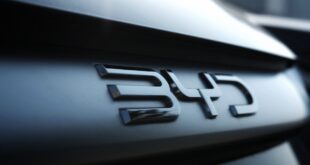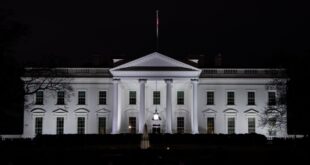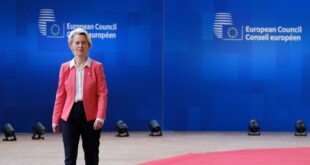Last month Turkish President Recep Tayyip Erdogan once again suggested that a new national Syrian army should be created, adding that the Free Syrian Army (FSA) could form part of such an army.
Turkey has influence over at least 2,000 FSA fighters in northwest Syria, which it uses as an allied proxy force in its ongoing Euphrates Shield operation. Erdogan, more likely than not, wants these forces to secure territories captured in the operation for the longer term, if and when the Turkish military withdraws.
Ankara is also reportedly bringing in more factions across northern Syria into these territories as well as opposition forces defeated in Aleppo by the Syrian regime and Russia in December. However, the feasibility of this plan remains dubious, as pointed out by analysts consulted by The New Arab.
“Yes this is an effort to create an alternative opposition Arab army,” said David Pollack of the Washington Institute.
“The idea is to prevent [Syrian President Bashar al-Assad from regaining the whole country, to prevent the PYD [Syrian Kurdish Democratic Union Party] from expanding, to offer a new force to liberate Raqqa, and to convince the US to support all three goals.
“But I don’t think Turkey has enough Arab allies to do much more than hold its existing zone, perhaps adding al-Bab and Manbij on the edges,” he concluded.
When Turkey launched its incursion into northwest Syria on August 24 it used FSA troops, which it supported with tanks and a limited number of special forces, backed by artillery and air support. The lack of a large overt presence of thousands of Turkish troops minimised the risk of Damascus being pressured to counter them directly to save face.
Nevertheless, Damascus has threatened Ankara and denounced their incursion from the beginning.
Now, the Turkey military presence is becoming much more overt in al-Bab. After laying siege to the Islamic State group in the city for three months, it lost at least a dozen tanks and has had to beef up the number of troops reinforcing the FSA to more than 1,300 – meaning Turkey now has almost as many actual troops in Turkey as FSA proxy fighters.
Ankara has already trained a new Syrian police force for the city of Jarablus, which has reportedly declared their support for Erdogan and Turkey.
In al-Bab, the Turkish Army has established what it calls a temporary base on a hilltop inside the city’s “most critical area”.
“The base also functions as a place where armoured vehicles used in Turkey’s ongoing Euphrates Shield operation are parked and repaired if damages are minor,” noted Turkey’s Hurriyet Daily News.
This and other Turkish projects in Syria indicate it wants to have a long-term stake in the future of Syrian territories it has captured from IS.
The M4 highway connecting Aleppo to al-Bab and Manbij further east – and extending on to Raqqa – is a de-facto demarcation line of sorts between the Turkish/FSA-controlled part of northwest Syria and the regime-held territories to al-Bab’s south.
Turkey may well leave recognised members of the Syrian opposition in this territory as proxies under a ceasefire regime imposed by the outcome of future Astana/Geneva negotiations. The fact that Russia has openly said it recognises a “moderate” opposition suggests that this is a possibility.
“Turkey has tried to do this for half a decade. It hasn’t worked,” said Aaron Stein, a nonresident member of the Atlantic Council. “Turkish policy is now focused on consolidating control over Euphrates Shield territory. This involves moving Arab forces from Idlib, where Tahrir al-Sham (HTS) has become the dominant faction. In this sense, it represents a failed Turkish, American, and rebel strategy in Idlib.”
Joshua Landis, a Syrian expert and director of Oklahoma University’s Center for Middle East Studies, is also highly sceptical of Turkish success.
“I don’t think Turkey will have more success in building a new Syrian army than the US had,” he said. “Syrian Arab rebels are terribly divided. The West has failed numerous times to unite them. Some have said it was only due to lack of money. Turkey will be able to find out. Perhaps it will spend the billions of dollars that the Obama administration refused to spend in order to find out, but I doubt it.
“This is wishful thinking on the part of Erdogan. Turkey’s deputy prime minister contradicted the president when he said that Turkey has no interest in going to Raqqa,” Landis concluded.
Deputy Prime Minister Numan Kurtulmus – speaking before the Turkish-FSA victory – said once Turkey finished its operations in al-Bab, its objectives would have been achieved. Erdogan, on the other hand, has claimed that after al-Bab, Ankara has plans to remove IS from Raqqa instead of leaving it to the Kurdish-led Syrian Democratic Forces (SDF). Ankara reportedly wishes to establish a “safe zone” there.
By Paul Iddon •
Source: alaraby.co.uk
 Geostrategic Media Political Commentary, Analysis, Security, Defense
Geostrategic Media Political Commentary, Analysis, Security, Defense





